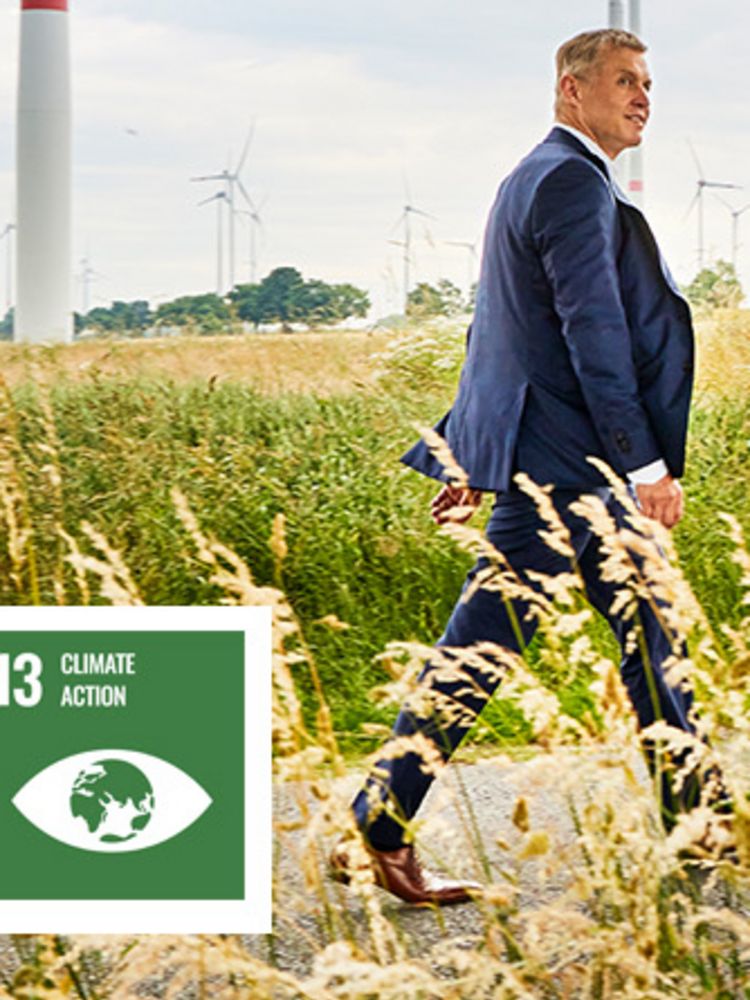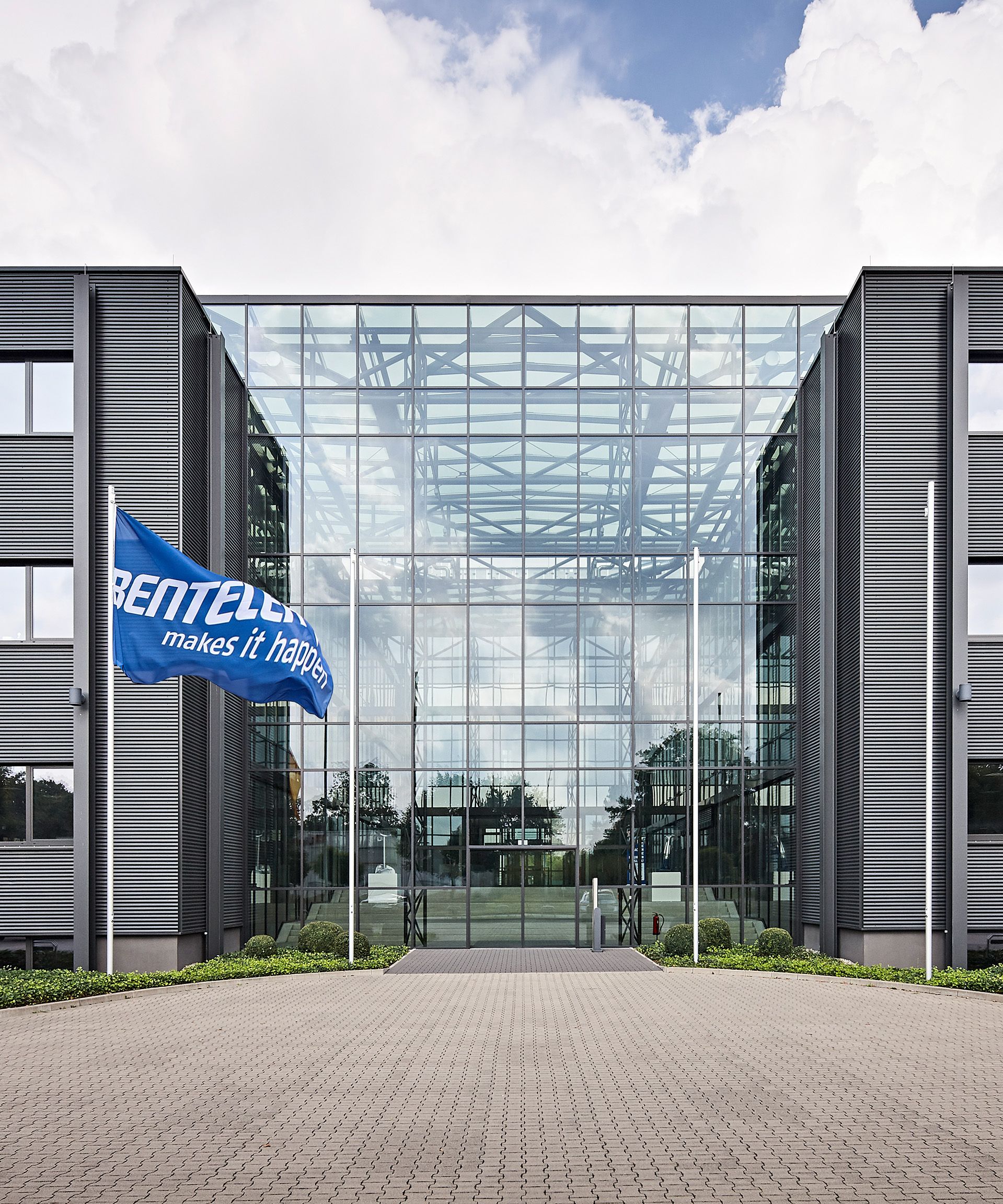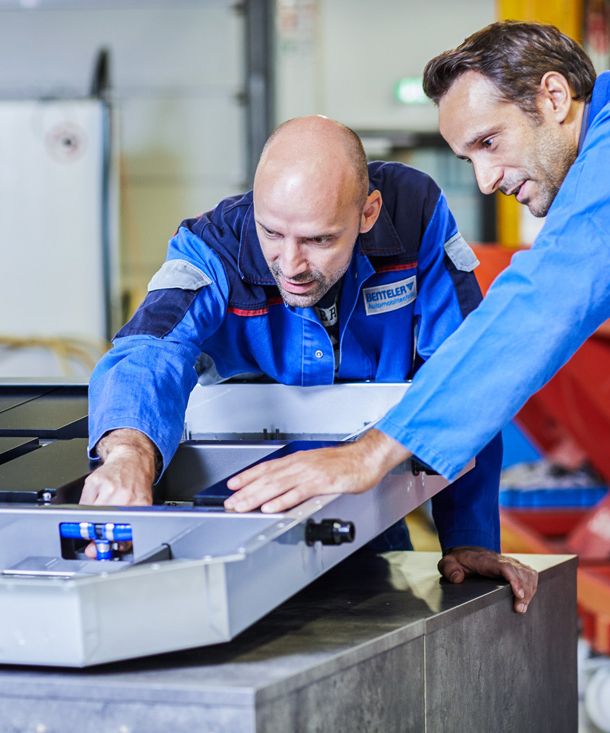ENVIRONMENT
We pay attention to the climate and resources.
"We have a clear roadmap to reduce the carbon footprint in our production. We are already making greater use of renewable electricity. In the future, we want to do even better - through a combination of self-generation and power purchase agreements.”
Robert Snijder, Vice President Procurement,
BENTELER Steel/Tube
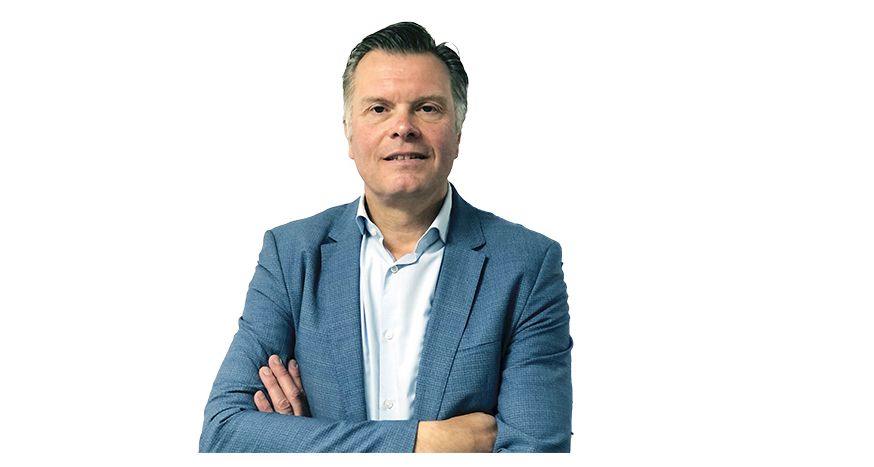
Using energy efficiently
Our focus: increasing energy efficiency and controlling energy consumption. To this end, we use different energy sources such as district heating, electricity and natural gas.
A focus in energy procurement is also on the purchase of renewable energies. This share will be increased in the future by concluding PPAs, generating our own electricity and purchasing guarantees of origin.
The success of our activities to optimize emission values is also reflected in the CDP rating (Carbon Disclosure Project): We have been participating in the CDP rating with the Automotive Division since 2012 and achieved our best result to date in 2022. We achieved a "B" rating in the Climate Change category and "B minus" in the Water Security category.
With "Gold" in the EcoVadis rating, BENTELER Steel/Tube is among the top 5% of companies in the "Production of Pig Iron and Steel" sector. EcoVadis is one of the world's largest providers of sustainability ratings. Sustainability management was validated and evaluated in relation to the areas of environment, social affairs and sustainable corporate governance.
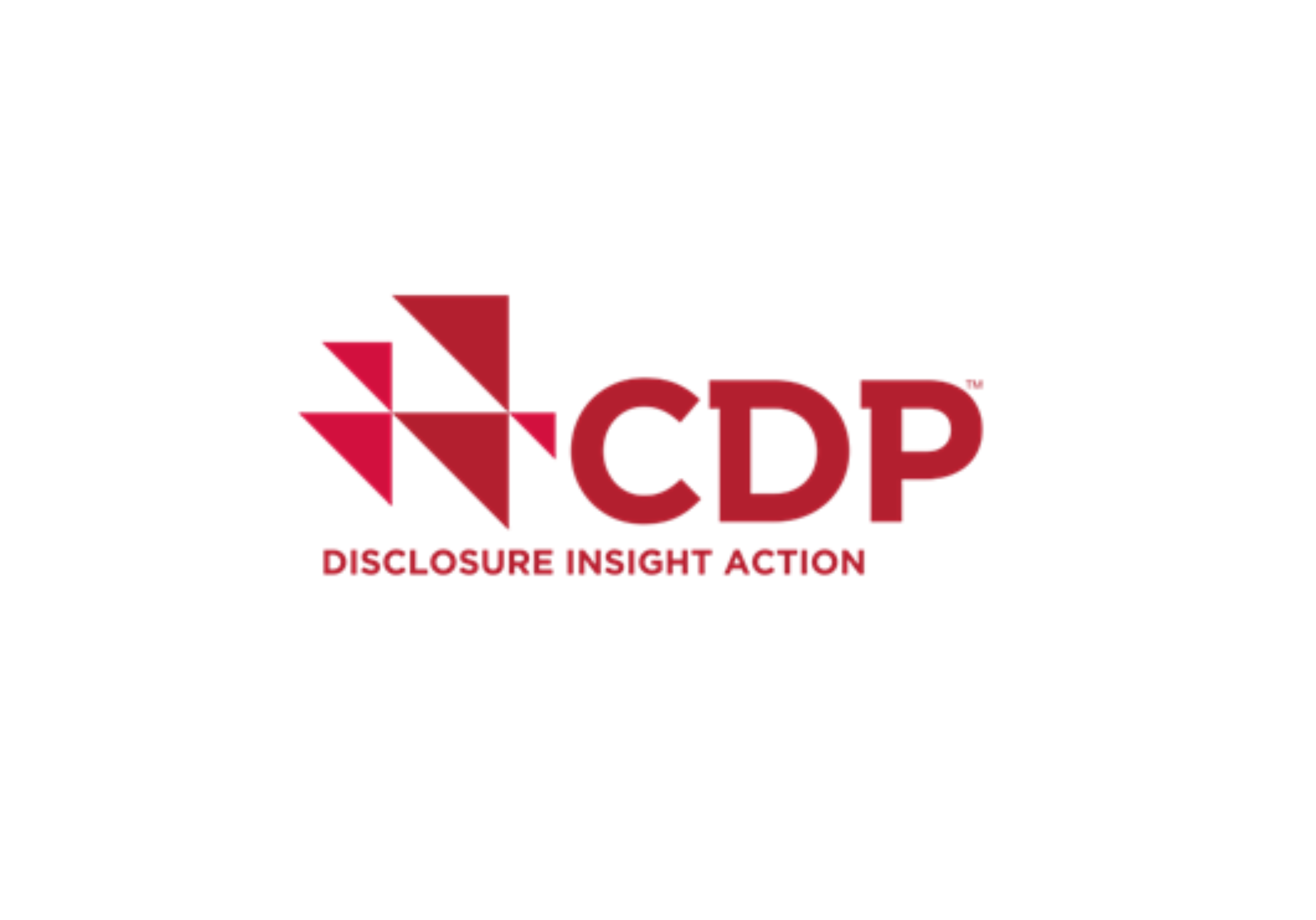
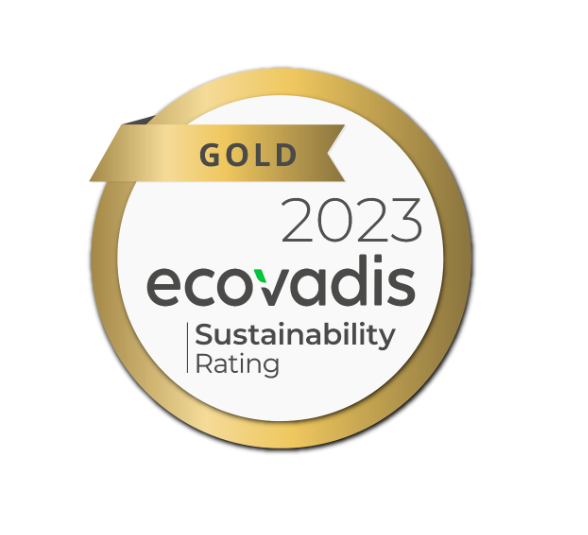
Reducing emissions in production
BENTELER aims to have net zero emissions by 2050. Along the way, our goal is to reduce production-related absolute Scope 1 and 2 GHG emissions by 50% by 2030 compared with the 2019 baseline. By 2040, we aim to avoid or offset 100% of the absolute GHG emissions in our production.
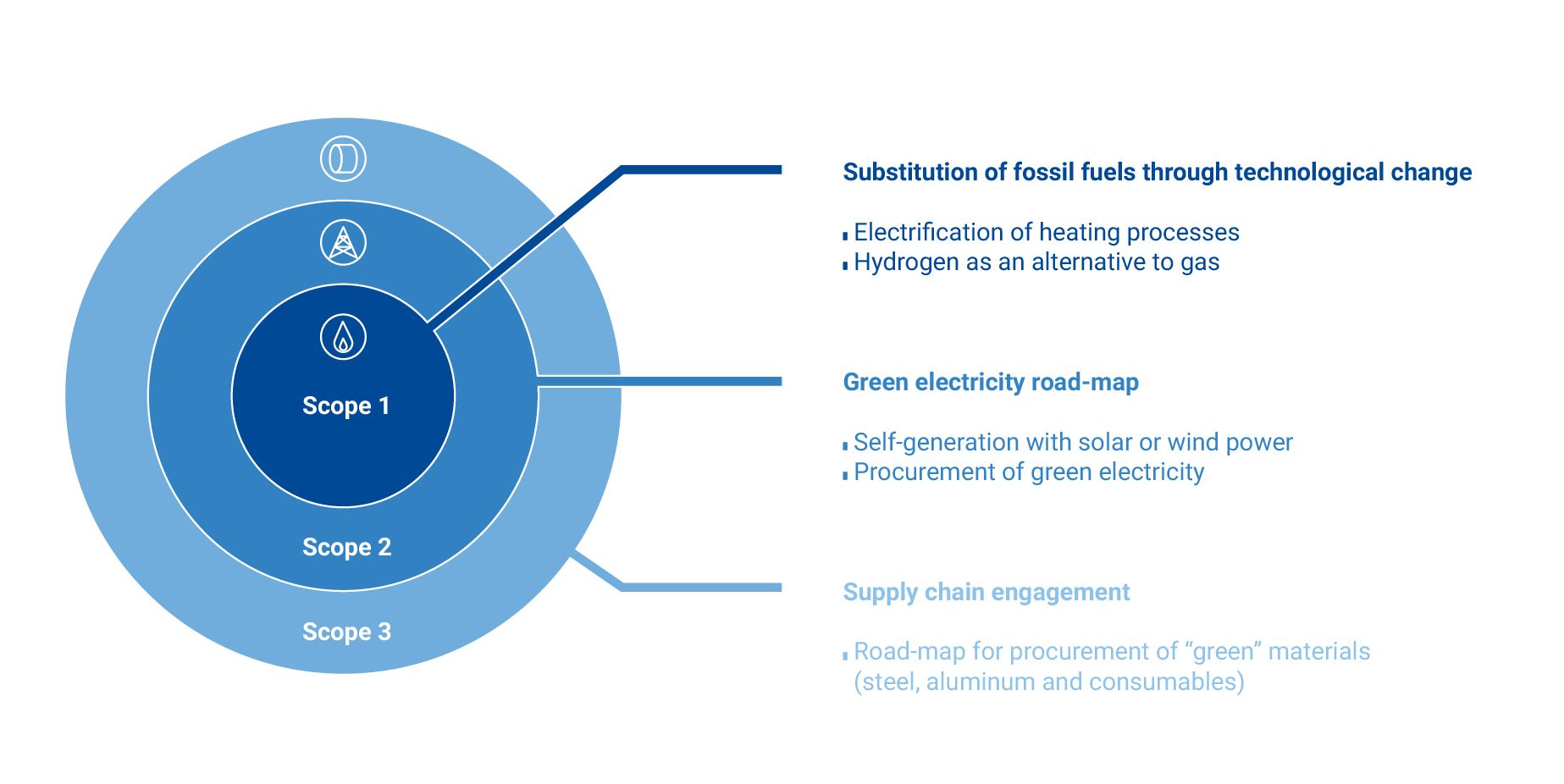
Based on a comprehensive collection of data, the first step is to work out which plants will be completely replaced and when, or made more efficient through modernization. From a technical perspective, the focus is on electrification of the processes and the use of green hydrogen.
Emissions in the supply chain
We are also continuing to drive forward the optimization of our carbon footprint in our supply chain. By the end of 2030, we aim to reduce our upstream absolute Scope 3 GHG emissions here by 30% (compared to 2019). To achieve this goal, it is first necessary to increase the transparency of emissions, especially from the supply chain upstream of BENTELER.
Partnering for climate protection
bluemint® Steel BENTELER Automotive and thyssenkrupp Steel Europe are joining forces on climate protection: BENTELER has secured climate-friendly bluemint® Steel from thyssenkrupp for the production of vehicle components in the long term. bluemint® Steel already has a significantly reduced level of CO2. The cooperation between thyssenkrupp Steel and BENTELER is to be further intensified from 2026: The steel will then come from direct reduction plants in conjunction with meltdown units which will in the future be operated with green hydrogen and green electricity.

Green steel from BENTELER's own steel mill in Lingen is also playing an increasingly important role. With 75% fewer emissions in production than conventional blast furnace steel, we can thus offer our customers products produced in a climate-friendly way. Test projects are underway and various approaches are being clarified regarding the technical feasibility, extent and way production can be increased.
Waste management and recycling of materials
Waste from BENTELER's production activities is continuously recorded at site level, reported monthly and disposed of via certified companies in accordance with local legal requirements.
"Our newly established targets for reducing water withdrawals and waste volumes represent a significant contribution to resource conservation and the circular economy. In this way, we create added value for the environment and position ourselves for the future."
Jan-Niklas Rüthers, Manager Environment & SHE System,
BENTELER Automotive

In 2023, we formulated a group-wide target based on absolute quantities for the first time: By 2030, we plan to reduce the amount of waste in the BENTELER Group by 20% compared to the baseline year, 2019. The formulation of a uniform target for both divisions together with the definition of absolute waste volumes ensures greater transparency within the group.
The steel and aluminum components manufactured by BENTELER are basically fully recyclable. When it comes to recycling, BENTELER uses its own electric steelworks, which has been in operation in Lingen since 1974. Up to 95% of the steel processed there is from scrap. Most of the steel scrap from our German works is reprocessed there for the Steel/Tube Division. The same applies to the aluminum recycling plant in Raufoss, Norway. There we process aluminum waste and reuse it in our aluminum foundry.
Using valuable water responsibly
Water is indispensable for our production processes and safe operations. We set ourselves a target of reducing water withdrawals by 10% compared with the 2019 baseline by 2030 in regions with high or extremely high water stress. We achieved this early on in 2022. Our new target: by 2030, reduce water withdrawals by 20% from the 2019 baseline.
Good for climate and nature: Preserving biodiversity
The conservation and enhancement of biodiversity is essential for intact ecosystems. BENTELER takes biological diversity into account at its locations. We consider designated nature reserves or areas of high biodiversity value to be particularly worthy of conservation and pay particular attention to relevant impacts when implementing activities in these locations. In the year under review, we planted around 2,700 m2 trees at our sites in Mor, Hungary, and Rumburk, Czech Republic. A wildflower area has been established at the site in Warburg, Germany, which will be expanded in 2023.
